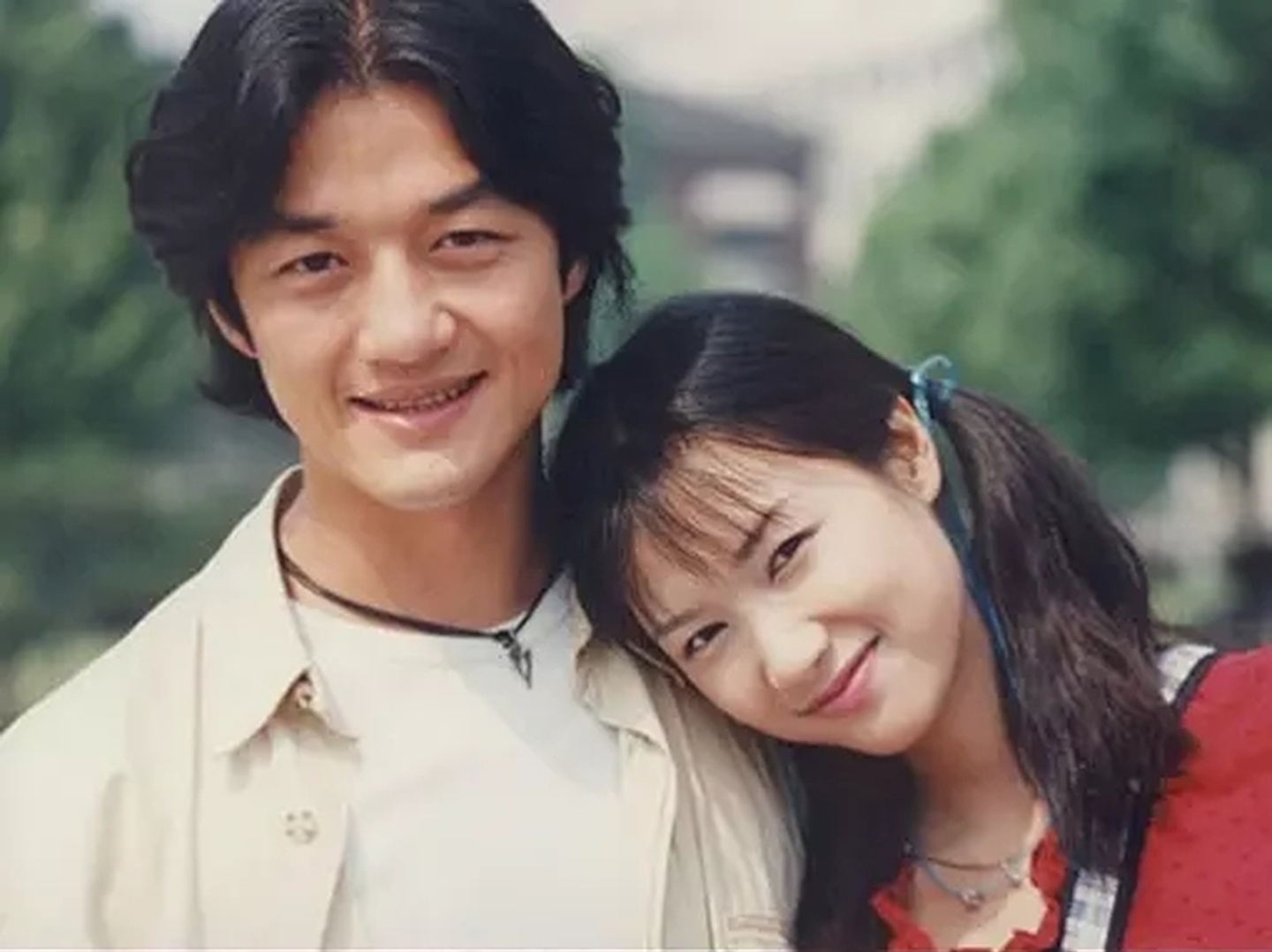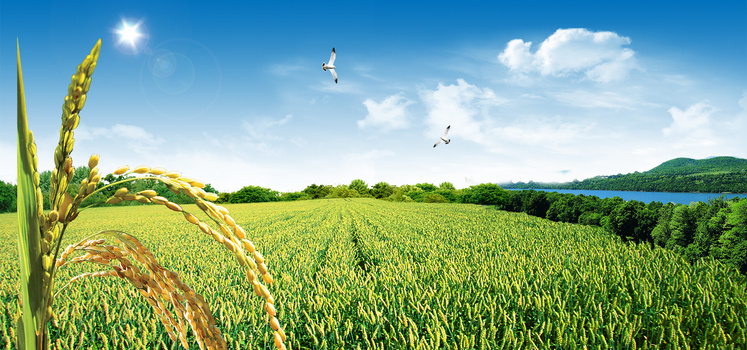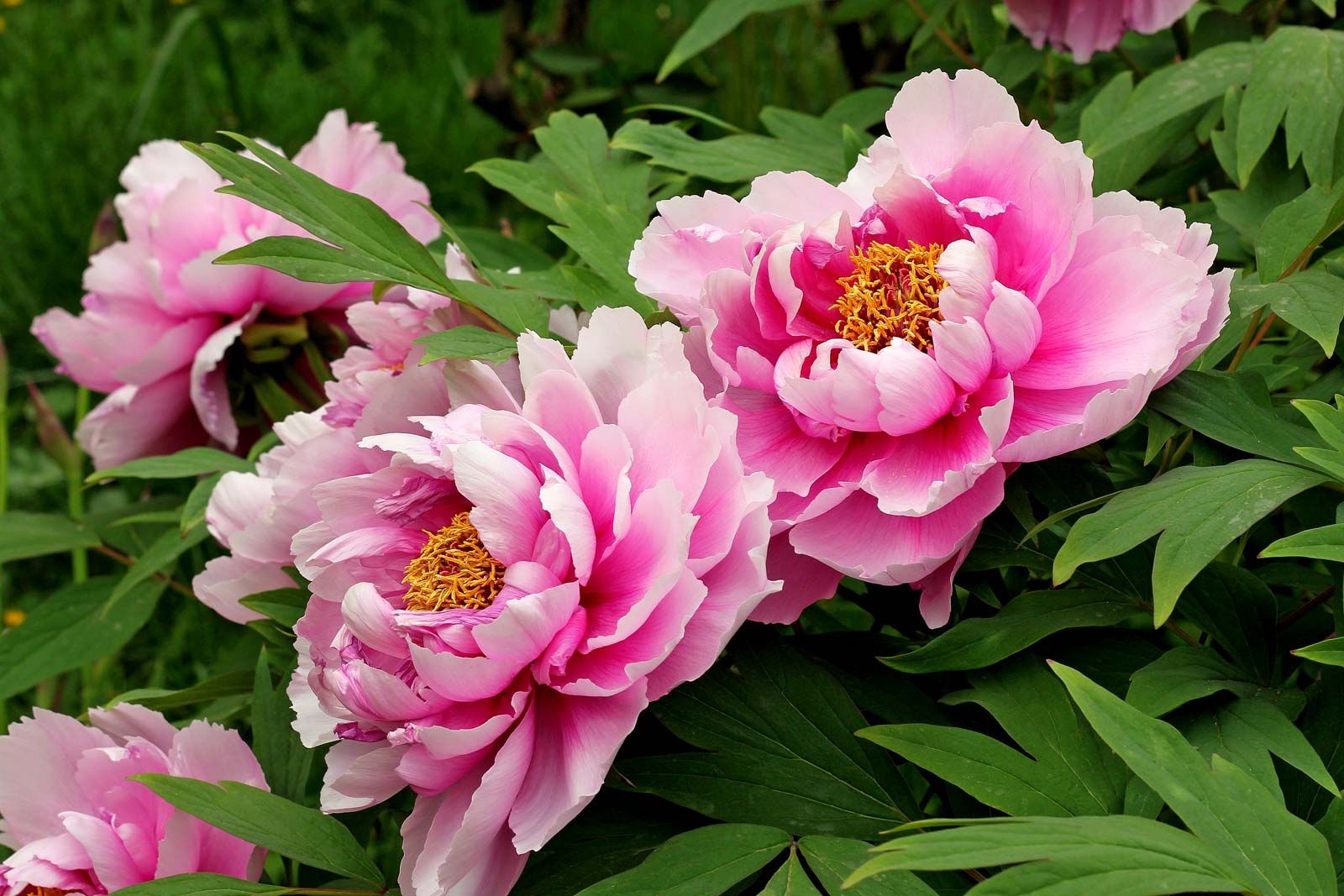
Dominio de Pingus is a Spanish winery located in Quintanilla de Onésimo in Valladolid province with vineyards in La Horra area of the Ribera del Duero region. The estate's flagship wine, Pingus, is considered a "cult wine", sold at extremely high prices while remaining very inaccessible,[1][2] and commands an average price of $811 per bottle.[3]
The winery also produces a second wine, Flor de Pingus, and a special cuvée, Ribera del Duero "Amelia". Recently, Dominio de Pingus has founded a joint project with local grape producers to make an old vine tempranillo called "PSI".
Dominio de Pingus was established in 1995 by Danish oenologist Peter Sisseck, also manager of the Pesquera de Duero estate Hacienda Monasterio.[4] On the estate's winemaking philosophies, Sisseck has stated, "The vines in my plots are very old. They have never been fertilised nor treated with pesticides and all grow following the traditional en vaso system. They are perfect."[4]
About the first 1995 vintage of Pingus, Robert Parker declared, "One of the greatest and most exciting wines I have ever tasted".[5] With a very limited first vintage production, only 325 cases were made with prices initially set at US$200 per bottle, it became yet more scarce when in November 1997 the ship transporting a U.S. bound shipment of 75 cases disappeared somewhere off the Azores in the North Atlantic Ocean.[6] The shipwreck resulted in a dramatic reaction in the US market, with prices soon rising to $495 per bottle.[5][6]
At the Ronda WineCreator conference of April 2008, Sisseck was angered by suggestions by Decanter editor Guy Woodward that some winemakers make wines to suit the palates of certain critics. In response he called Woodward's remarks arrogant for implying winemakers do not have their own opinions, adding, "I don't even think it is possible to do this."[7]
In 2007 it was announced that the Spanish government had approved plans to expand highway roads through the vineyards of Dominio de Pingus and other wineries, which was met with strong opposition by Sisseck who called it a "vengeful measure".[8]
Planted with very old vines of Tinto Fino, i.e. Tempranillo, the vineyards are 2.5 hectares (6.2 acres) in Barrosso with vines exceeding 65 years and 1.5 hectares (3.7 acres) in San Cristobal with vines older than 70 years, and the unusually low average yield of 12 hL per hectare. Since 2000, the viticulture has been biodynamic. Of the annual production of Pingus there is typically less than 500 cases, though in poor vintages no Pingus is made.
The production of the second wine Flor de Pingus, also 100% Tempranillo, is made with fruit from rented vineyards in the La Horra zone, with vines older than 35 years. Since the 2005 vintage, the viticulture has been biodynamic. The annual production is on average 4,000 cases.
Additionally there has been the single barrel cuvée, Ribera del Duero "Amelia", made from a vineyard parcel of 100+ year old vines with an average yield of 10 hL per hectare, with biodynamic viticulture since its initial 2003 vintage. The 2005 vintage had a production of 25 cases.
"PSI" is a joint project based on fruit produced by local grape growers from old tempranillo vines. The goal is to help grape producers and save old vines. Project was founded in 2006, first vintage was 2007. Grape growers are encouraged to employ biodynamic or organic vineyard management practices. The wine is made by Peter Sisseck and Pablo Rubio and sold under producer name Bodegas y Viñedos Alnardo. Vinification takes place in large concrete vats and aging in concrete and wooden tanks and oak barrels. Production of PSI 2009 was 9,600 cases, PSI 2010 was 16,600 cases.

因为梦见你离开
我从哭泣中醒来
看夜风吹过窗台
你能否感受我的爱
等到老去那一天
你是否还在我身边
看那些誓言谎言
随往事慢慢飘散
多少人曾爱慕你年轻时的容颜
可知谁愿承受岁月无情的变迁
多少人曾在你生命中来了又还
可知一生有你我都陪在你身边
因为梦见你离开
我从哭泣中醒来
看夜风吹过窗台
你能否感受我的爱
等到老去那一天
你是否还在我身边
看那些誓言谎言
随往事慢慢飘散
多少人曾爱慕你年轻时的容颜
可知谁愿承受岁月无情的变迁
多少人曾在你生命中来了又还
可知一生有你我都陪在你身边
当所有一切都已看平淡
是否有一种坚持还留在心间
呼哦 哦
多少人曾爱慕你年轻时的容颜
可知谁愿承受岁月无情的变迁
多少人曾在你生命中来了又还
可知一生有你我都陪在你身边
多少人曾爱慕你年轻时的容颜
可知谁愿承受岁月无情的变迁
多少人曾在你生命中来了又还
可知一生有你我都陪在你身边
可知一生有你我都陪在你身边




男:给你一张过去的CD
听听那时我们的爱情
有时会突然忘了 我还在爱着你
女:再唱不出那样的歌曲
听到都会红着脸躲避
虽然会经常忘了 我依然爱着你
因为爱情 不会轻易悲伤
男:所以一切都是幸福的模样
女:因为爱情 简单的生长
男:依然随时可以为你疯狂
女:因为爱情 怎么会有沧桑
男:所以我们还是年轻的模样
女:因为爱情 在那个地方
男:依然还有人在那里游荡
合:人来人往
女:再唱不出那样的歌曲
听到都会红着脸躲避
虽然会经常忘了
合:我依然爱着你
女:因为爱情 不会轻易悲伤
男:所以一切都是幸福的模样
女:因为爱情 简单的生长
男:依然随时可以为你疯狂
女:因为爱情 怎么会有沧桑
男:所以我们还是年轻的模样
女:因为爱情 在那个地方
男:依然还有人在那里游荡
合:人来人往
男:给你一张过去的CD
听听那时我们的爱情
女:有时会突然忘了
合:我还在爱着你



这世界有那么多人
人群里 敞着一扇门
我迷朦的眼睛里长存
初见你蓝色清晨
这世界有那么多人
多幸运 我有个我们
这悠长命运中的晨昏
常让我 望远方出神
灰树叶飘转在池塘
看飞机轰的一声去远乡
光阴的长廊 脚步声叫嚷
灯一亮 无人的空荡
晚风中闪过 几帧从前啊
飞驰中旋转 已不见了吗
远光中走来 你一身晴朗
身旁那么多人 可世界不声 不响
这世界有那么多人
多幸运 我有个我们
这悠长命运中的晨昏
常让我 望远方出神
灰树叶飘转在池塘
看飞机轰的一声去远乡
光阴的长廊 脚步声叫嚷
灯一亮 无人的空荡
晚风中闪过 几帧从前啊
飞驰中旋转 已不见了吗
远光中走来 你一身晴朗
身旁那么多人 可世界不声 不响
笑声中浮过 几张旧模样
留在梦田里 永远不散场
暖光中醒来 好多话要讲
世界那么多人 可是它不声 不响
这世界有那么个人
活在我 飞扬的青春
在泪水里浸湿过的长吻
常让我 想啊想出神























